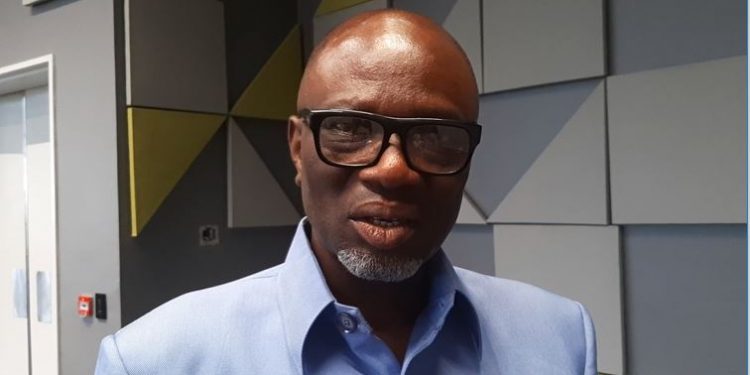
The African Institute of Energy and Sustainability (AIES) has called for urgent reforms in Ghana’s energy sector, highlighting the need for transparency, sustainable policies, and political accountability to ensure reliable power supply.
In a recent report, the AIES stressed that while Ghana’s installed generation capacity of 5,492 MW exceeds the system’s peak demand of 3,848 MW (Energy Commission, 2024), persistent financial inefficiencies continue to undermine the sector’s stability.
The organization noted that Ghana’s energy sector debt reached $2.5 billion by the end of 2024, necessitating swift intervention to avert another power crisis akin to the 2013–2016 “dumsor” period.
The report criticized the politicization of energy challenges by successive governments and emphasized that “political rhetoric does not keep the lights on; proactive measures and strategic financial management do.”
Key Recommendations
The AIES outlined several measures to address the sector’s inefficiencies and ensure sustainable energy governance:
1. Transparent Energy Accounting: Publish comprehensive and verifiable reports on energy sector finances.
2. Cost-Reflective Tariffs: Implement balanced tariff systems to ensure affordable rates for vulnerable consumers while allowing utilities to recover costs.
3. Decouple Distribution and Retail Functions: Separate the retail and distribution roles of ECG and NEDCo to improve efficiency.
4. Privatize the Retail Sector: Introduce performance-based contracts with private companies to reduce commercial losses.
5. Reform the Cash Waterfall Mechanism (CWM): Ensure timely and equitable disbursement of revenue at the point of purchase.
6. Invest in Renewable Energy: Accelerate the transition to solar, wind, and hydro energy by removing bureaucratic barriers.
7. Depoliticize Energy Management: Strengthen the independence of regulatory bodies to oversee the sector without political interference.
8. Foster Political Consensus: Organize a non-partisan energy summit to create a long-term roadmap for energy sustainability.
Conclusion
The AIES emphasized that the future of Ghana’s energy sector must not be held hostage by partisan politics. Instead, it called on the government to demonstrate the political will to address financial inefficiencies, prioritize renewable energy, and ensure transparency.
“Keeping the lights on is not a political favour; it is a fundamental right of every Ghanaian,” the report concluded.
By Henry Eliud Yankey
The post AIES calls for political accountability in Ghana’s energy sector first appeared on 3News.
Read Full Story













Facebook
Twitter
Pinterest
Instagram
Google+
YouTube
LinkedIn
RSS